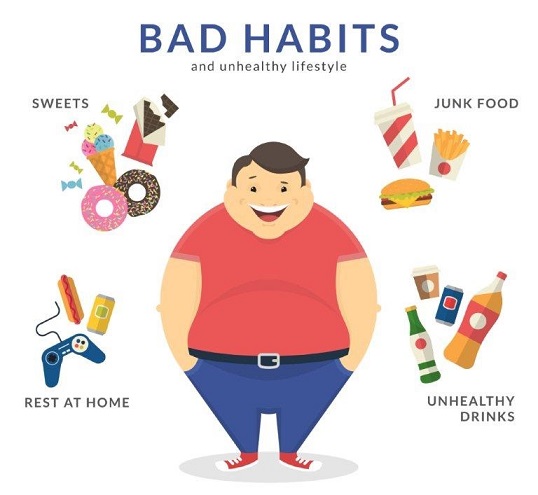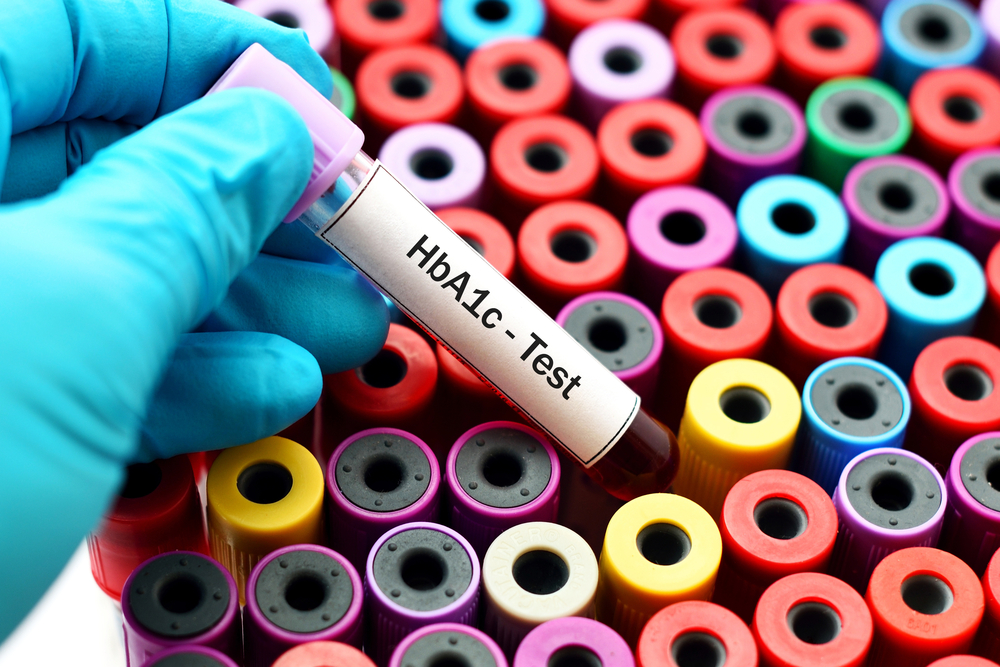Diabetes and Oral Health

The connection between diabetes and oral well-being is a crucial yet often overlooked aspect. Ineffective management of diabetes increases the chances of developing oral health problems like cavities, gum diseases, or other teeth issues. This is due to the impact of uncontrolled diabetes on white blood cells.
Therefore, if someone has diabetes, it’s essential to get regular teeth check-ups and treatments to effectively manage potential oral health complications. This blog post highlights the effect of diabetes on oral health, from its causes to signs and symptoms to look out for.
What Oral Health Problems Are Caused by Diabetes?
People with diabetes have a greater risk of developing various oral health problems. Some common issues caused by diabetes include:
- Dry Mouth: Poorly managed diabetes can reduce saliva production, resulting in dry mouth. This condition may lead to discomfort, ulcers, infections, and an increased susceptibility to tooth decay.
- Gum Inflammation (Gingivitis) and Periodontitis: Diabetes can weaken white blood cells and cause blood vessels to thicken. This vascular complication slows nutrient flow to tissues, including the mouth. As a result, the body’s ability to combat infections is compromised, leading to gum problems.
- Poor Healing of Oral Tissues: Those with uncontrolled diabetes may experience delayed healing due to impaired blood flow to the treatment site.
- Thrush: People with diabetes who frequently use antibiotics to combat various infections are at a heightened risk of developing a fungal infection in the mouth and tongue. The fungus thrives on the elevated glucose levels in the saliva.
- Burning Mouth and/or Tongue: This condition is often associated with the presence of thrush, which is intensified by the high glucose levels in the saliva of individuals with poorly managed diabetes.
What Causes Oral Health Problems in Diabetic Patients?
Diabetes and tooth decay or other oral health problems are caused by elevated blood sugar levels, which contribute to increased sugar in saliva, providing a nutrient source for plaque-forming bacteria. This bacterial activity poses risks such as cavities and gum diseases. If left untreated, these issues may lead to tooth loss. Here is a breakdown of how diabetes can cause oral health issues:
- Reduced saliva production, often caused by high blood sugar or certain medications, can result in a persistently dry mouth.
- Gums may exhibit inflammation and frequent bleeding, indicating the presence of gum disease.
- Infections within the oral cavity may experience delayed healing, adding another layer of concern.
What are the Symptoms of Oral Health Issues from Diabetes?
Here are some common symptoms and signs associated with oral health and diabetes:
- Red, swollen, and bleeding gums.
- Persistent bad breath, receding gums, loose teeth, changes in tooth alignment.
- Pain or discomfort while eating or drinking.
- Increased sensitivity to hot, cold, or sweet foods.
- Creamy lesions on the tongue, inner cheeks, or roof of the mouth.
- Constant dry sensation in the mouth.
- Unexplained sores or non-healing lesions.
- Ongoing discomfort in the mouth, throat, or jaw.
- Discomfort in the jaw joint and surrounding areas.
- Limited range of motion or difficulty during chewing.
- Crooked or crowded teeth.
- Continual unpleasant breath despite good oral hygiene.
- Increased sensitivity to hot or cold temperatures.
Diagnosis of Oral Health Issues Associated with Diabetes
Diabetes’ effects on teeth and gums include gum disease, cavities, oral thrush, dry mouth, tooth erosion, and swollen or painful glands. A specific diagnosis would require a proper examination by a qualified healthcare professional. If someone is experiencing any of these symptoms, it’s important to seek professional advice for an accurate diagnosis and appropriate treatment.
Managing Diabetes Teeth and Gum Problems
Teeth issues and diabetes require multi-faceted management tailored to the specific diagnosis. For gum disease, professional dental cleanings and improved oral hygiene may be recommended. Cavities require dental restorations such as fillings or crowns. Oral thrush may involve antifungal medications and addressing underlying factors. Similarly, dry mouth management includes addressing contributing factors and maintaining good oral hygiene.
Regular dental check-ups, consistent oral hygiene practices, and prompt intervention for symptoms are crucial for effective oral health management. It is equally crucial to keep blood glucose levels in check.
FAQs
1. Can diabetes affect teeth?
Yes, diabetes can impact oral health. Individuals with diabetes have a greater risk of dental problems due to poorly controlled blood sugar levels.
2. Why do diabetics have dental problems?
Diabetes can lead to reduced saliva production, dry mouth, and compromised immune function, fostering conditions for bacteria to thrive. Additionally, high blood sugar levels can contribute to gum disease and delayed healing.
3. What are two common problems with teeth?
Two common dental problems are cavities, caused by bacterial acid erosion of tooth enamel, and gum disease, resulting from inflammation due to plaque buildup. Consult a dentist if diabetes-related tooth pain is prevalent.














